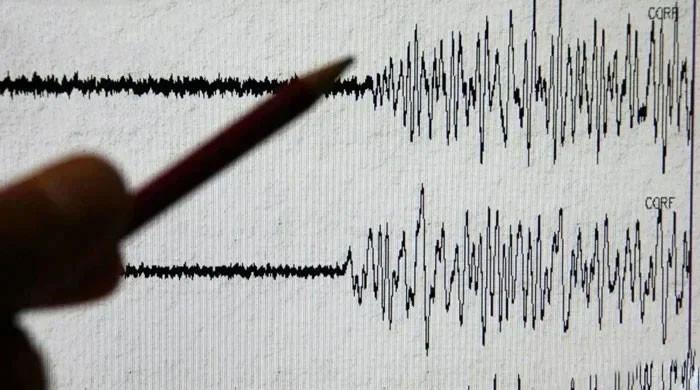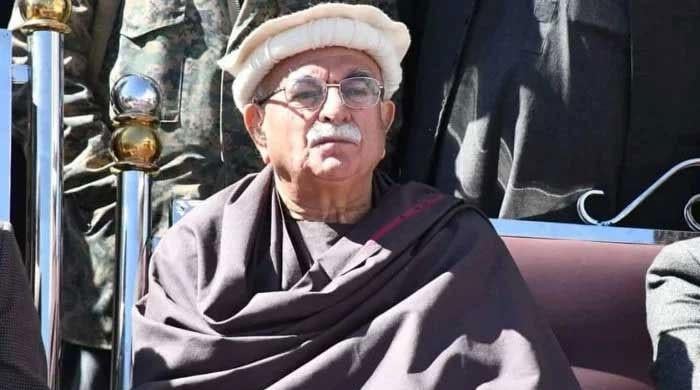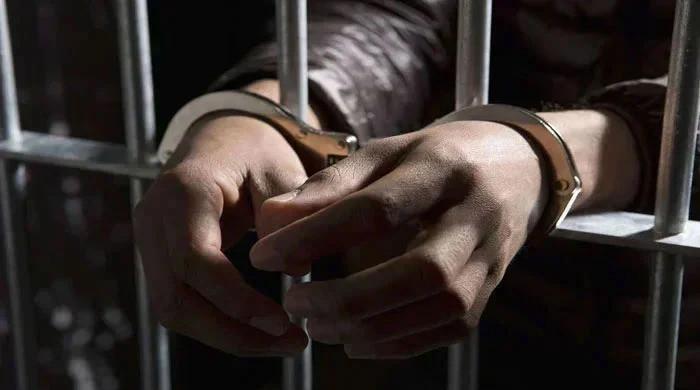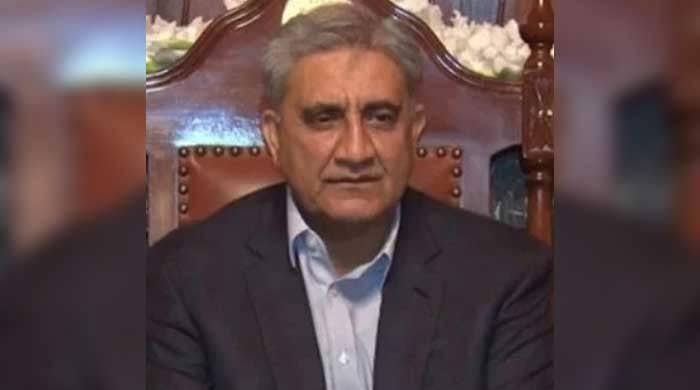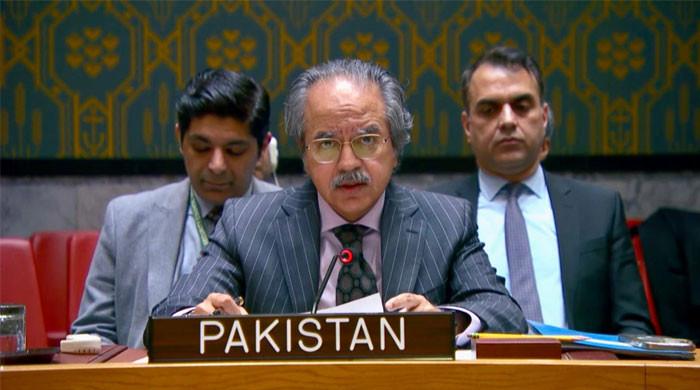Blog: The business of selling hate
The business of selling hate must be shut down, that's the only way "peaceful businesses" have chance of growing in this region
October 13, 2016
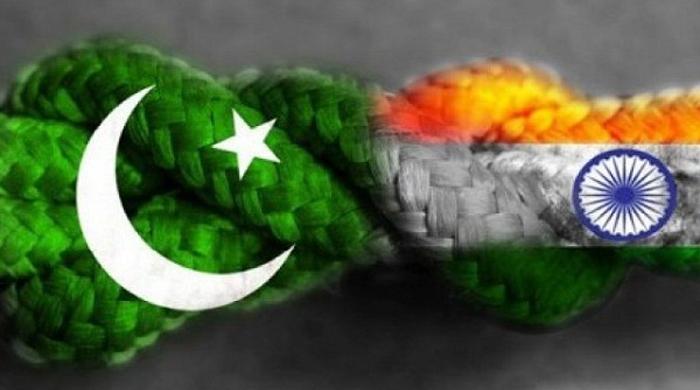
Besides a robust population, poverty and illiteracy remain the most critical problems of South Asia. Combined, these issues create a conducive environment to sell ‘hatred’ – which is also a highly lucrative vantage point through use of religion and patriotism.
In developed countries people are broadly disinterested in such subjects – labelling religion as a personal preference while one’s patriotism not casually questioned. However, in developing countries such as Pakistan and India these topics remain not only highly debated but unjustifiably controversial.
Those daring to question either are considered a threat to the business. That’s simply because the narrative behind this hate mongering is so fragile any logic raised against it would shatter the entire facade.
Why is it that if the government is questioned for their method of governance then their rule is considered under threat, or if policies of the military are questioned, on this side of the border you are declared a RAW agent and on the other side an ISI agent.
Furthermore, in the endeavour to understand your religion better, if you question a cleric than your own faith becomes questionable to others.
It is in this dirty game of power that the media on both sides of the border is used as a pawn. Anchor persons and hosts issue ultimatums in their studio courtrooms, many times without understanding and more frequently without any sensibility.
A prime example is the killing of 18 Indian soldiers in an attack on an army check post on the night of September 18. What should have been treated as a tragedy on both sides of the border became a mockery debated on broadcast and social media. Shortly after the attack, the blame was placed predictably on Pakistan with the Indian media claiming they had uncovered evidence to prove their allegations.
The true culprits behind the attack on the Uri base camp remain unknown but allegations flew across the border diverting attention from critical questions and fact-finding that would have helped resolve the matter on both ends.
Once again the Indian media used the biggest weapon at their disposal: hatred for Pakistan. And sure enough ratings skyrocketed.
But critical questions remain unanswered; and Indians didn’t dare ask their government or army.
Any logical mind would seek to answer the following. How is it that attackers from Azad Kashmir managed to infiltrate and cross the LoC with such ease? Not only were they not detected but they also managed to successfully get past electric wires placed across the LoC. Were all Indian soldiers on the LoC and till the check point in Uri sleeping? Who is responsible for this security failure? And were they held accountable?
Ideally these were the first few questions that should have been asked but hatred for Pakistan runs deep in some Indians that they quickly and carelessly labelled anyone who doesn’t subscribe to their narrative a traitor.
In this way the entire debate was diverted from the failure of Indian government and security forces to Pakistan's shortcomings. To push this agenda forward people like Husain Haqqani and Tarek Fateh were ‘used’ in prime time programmes. Almost every channel was airing interviews of Brahumdagh Bugti as if the attack occurred in Balochistan and not in Indian occupied Kashmir.
Basically the Indian audience is made to believe that the root cause of all evil is their eastern neighbour where even the country’s citizens are not happy with their situation.
Truth was obviously the first casualty.
Since Indian news channels are not available to the common viewer in Pakistan, the target audience for this content were Indians who were wondering why their soldiers were killed in Uri? The answer Indian media promptly gave on behalf of Indian government: Because Pakistan cannot be trusted.
A structured, rational debate would have raised questions on human rights violations in Indian-occupied Kashmir that could have shown the people’s fiery desire to self-determination.
It would have also highlighted internal security failures that could help avoid such attacks in the future. It would have shown the other side of story about Pakistan too.
But sadly this was not done and violence ensues.
If the argument is that Brahumdagh is fighting for secession from Pakistan, then it should also be highlighted that another grandson of the same Akbar Bugti is saying he will fight against India in case of war with Pakistan.
Showing both sides of the story would have enabled the common Indian viewer to hold their own government accountable for their actions and create a more balanced view about Pakistan. This is in India's benefit.
The policy makers who believe they can create immense hatred in 1.3 billion people against their neighbouring country and later manage to control this hatred are living in a fool's paradise and playing a dangerous high stakes game. Pakistan-India relations can be likened to that of a seesaw.
From nuclear experiments to Lahore declaration to Kargil to Agra summit to India parliament attack to 10 months standoff at border to a handshake in SAARC summit. It's difficult to predict which way they will be heading in the next few months.
It's easier for politicians and governments to take a u-turn but very hard for a common man to forget and move on. These leaders often realize this when they have bigger targets like economic progress in mind.
The best examples of such cases are that of General Pervez Mushrraf and Narendra Modi. The architect of Kargil had to go to Agra to start a dialogue process with India after coming in power. Similarly the hatred against Pakistan which helped Modi win elections in 2014 could not be sustained after being elected. This is why Modi invited Nawaz Sharif to his oath taking ceremony, and stopped in Lahore to meet him on his birthday. But the narrative created during elections forced him to create lies like surgical strike to satisfy the anger they had created but later he himself told his ministers to stay silent on this. It’s a classic case of becoming hostage to one's own narrative.
On the other hand Pakistan also needs to look beyond the usual rhetoric and chest-thumping and start a process of self accountability. Instead of just showing Indian atrocities in occupied Kashmir, evil Indian designs to hurt Pakistan, slogans raised during the Wagah Border ceremony, we need to ask some serious questions which are essential for the country’s well being.
Why are most of our neighbours unhappy with us? Why do most of them believe we harbour terrorists that are killing their citizens? How is it that a UN designated terrorist is holding rallies in Pakistan? If the UN is wrong about the designated terrorist, why do we not fight his case in the UN? And if the UN is right, why don’t we arrest him? How can someone sitting in Muzaffarabad accept responsibility for the Panthankot attack in front of the entire national media and the state does nothing against him? If our state is protecting these people, then Pakistanis have the right to know what exactly will be the benefit of this? Have these “snakes in our backyard” benefitted us more or hurt us more? Has the use of religion or religious extremism as a tool in foreign policy made us a better, prosperous and secure country?
We claim that we are the biggest victim of terrorism in the world; we should also know that terrorism is a value added outcome of "extremism" in a society.
In this competition of "who can sell more hatred" the biggest victims are always artists and sportsmen. They are the soft targets. In case of any unfortunate events these nuclear armed countries can't go to war with each other. So they initiate a war against each others artists and sportsmen. In this process they forget that art and culture can't be restricted within borders.
In the peak of his career none of Amitabh Bachan's films were ever released in Pakistan, but he is as a big a star in Pakistan as he is in India. Anyone can test this claim by bringing him to Pakistan for few minutes on any of the airports and see how people receive him here, even in this hostile environment. The star and the artist that Amitabh is, he can't be restricted within Indian borders.
Similarly Pakistani dramas were never officially broadcasted in India until recently, but most of Pakistani drama stars have huge followings in India. This continued to happen even in the period when Pakistan and India were at war with each other.
Would this be called hypocrisy or just a simple reality of life that it's hard to make enemies out of good music or film or any other kind of art?
Yet every time both countries have strained relations, the first thing will be to stop screening of each other's films, ban artists, stop TV dramas and cancel concerts. Ever wondered that the sole objective of all these actions is to create hatred in common citizens of both these countries against each other and divert it towards those who have absolutely nothing to do with the politics of terror.
Approximately 1.5 billion people living in both countries can't hate each other; they should not hate each other. Political and military conflicts must be settled within their domain instead of encouraging people to people hate. The result of this hatred will be far greater and destructive than anyone has ever imagined. The business of selling hate must be shut down, that's the only way "peaceful businesses" have chance of growing in this region.
The author has a background in communication studies and works on media analysis
Views of the author do not reflect that of Geo News







